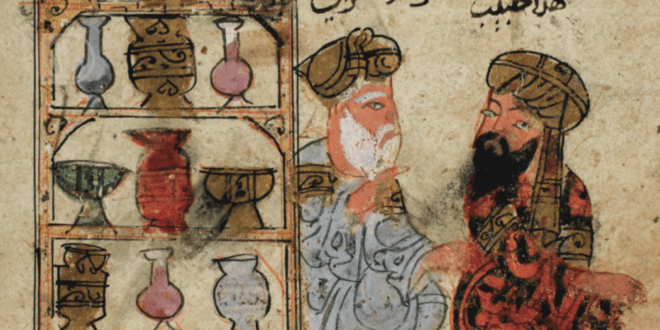(Muslims’ contributions to science … The black hole).
As part of the workshop I dedicated for the establishment of “time science”, I read these days a book, which represents the foundation of contemporary German philosophy in particular, and the European philosophy in general. The book is entitled “Being and Time” by Martin Heidegger (1889 – 1976) with a perfect presentation, study and translation prepared by Fathi Al-Miskini, who has remarkably excelled in this regard.
Perhaps I will return to the book regarding the essence of the subject, meaning to the period of time and place and other philosophical concepts like “Dasein” “nothingness” “what is not yet” and others. Before delving into that, I would like to note two observations:
First – I do not know why I find comfort in reading the books of German philosophers, despite having read very little; as well as I do not claim to be professional in the philosophical field. Among these philosophers, we can mention: Immanuel Kant, Karl Popper, Erich Fromm and Hermann Hesse. Perhaps the primary reason is my direct influence by the philosophy of Alija Begovic, who paved the way for me towards German philosophy, especially in its complexity and precision. Furthermore, I do not find myself quite comfortable with Anglo-Saxon philosophers due to their often-excessive practical orientation. Neither do Francophone philosophers because of their closed style, except on rare occasions.
“Secondly, the translator noted in the book an observation that reinforces what I mentioned in the introductions to “time science”, that the West cannot bear referral to the East, especially what is related to science, such as mathematics, physics, medicine, astronomy, and others. It is required from the East to remain always a polite student, never to move up in the ranks or turn into a professor or researcher one day, but rather to be a scientist, an inventor, or a founder of theories and sciences. It is more appropriate to acknowledge their expertise throughout the history even before the West does.
Al-Miskini says in his introduction:
“We know that Heidegger has enhanced knowledge from both monotheistic heritage and from Greek ontology at the same time. We are doubly associated to this historicized event of philosophical statement about Being: first, because Arabic serves as a historized mediator (which Heideggar ignores in historical historization) between Greek and Latin. “Secondly, because the destiny of the spiritual continent known as ‘Islam’ has become an integral part of the destiny of the ‘West’ itself, ever since Arabic served as the metaphysical teacher to Latin. This historical situation, silenced by many, only leads to the narrowing of the current humanity’s path toward the future.”
While we may agree with the translator on some presented ideas (not all), we fundamentally differ with him in the conclusion. This is because Muslim scholars were not mere literal transmitters of the Greek heritage, but, as Fuad Sizkin rightly states, they reached a stage of absorption and embodiment, then surpassed it to the stage of creativity and uniqueness. The humanity of Islam transcends the narrowness of race, geographical origin, language, culture, and color…
In this regard, we establish this principle: ‘Islam is a profoundly cosmological religion, and therefore, its sciences emerged as inherently cosmological.'”
“I will return to ‘Being and Time’ in other articles, insha’allah, while acknowledging that serious reading during the summer is hard work, but it is enjoyable. Perhaps it could serve as an alternative to the unproductive mental relaxation and superficial, demeaning readings.
Written by: Dr. Mohamed Babaami
Translated by: Toufik Achour
Date:05/12/2023
The Article title in Arabic: هاديغر وفن العبور من خلال كتابه “الكينونة والزمان”
 علم الزمن والوقت
علم الزمن والوقت


